When it comes to serious weightlifting, using the best lever belt can make a massive difference in both performance and safety. Whether you’re searching for the best lever belt for the gym or you need a reliable belt for competitive powerlifting, the Gymreapers Lever Belt stands out as one of the top options on the market. Known for its durability and performance, it's no wonder why athletes and lifters alike trust Gymreapers to provide the support they need.
In this guide, we'll explore what makes a lever belt essential for lifting, why Gymreapers belts are the best lever belts for powerlifting, and how to choose the right one for your needs.
| Feature | Details |
| Price | Check Price |
| Material | Leather with suede interior |
| Width | 4" |
| Sizing | XS-XXL |
| Colorways | Black, Gray, Military Green, Red, Navy, White Camo, Midnight Camo |
| Warranty | Lifetime |
The 10mm Lever Weightlifting Belt from Gymreapers may be tough to beat. This is thanks to its adjustable buckle, the lever that locks the belt into place, and the full leather build that provides optimal support for your core during power lifts.
What Makes a Lever Belt the Best for Lifting?
Lever belts are designed to give you maximum support and stability during your heaviest lifts, particularly in movements like squats, deadlifts, and bench presses. Gymreapers lever belts offer a fast-locking lever mechanism, allowing lifters to easily tighten or loosen the belt without struggling with prongs or buckles. This is particularly useful when you're in the middle of a workout and need to quickly adjust the tightness.
What really separates the best lever belt brands from others is the combination of top-notch materials and construction. Lever belts made from durable leather or high-quality synthetic materials ensure that your belt will last through countless heavy lifting sessions. Additionally, a good lever belt maintains a consistent level of support, which is critical when you’re lifting near your max.
Choosing the Best Lever Belt for Lifting: Key Factors to Consider
- Material: The best lever belts are usually made from durable leather or strong synthetic materials that won't stretch or wear down over time.
- Lever Mechanism: A high-quality lever provides ease of use and quick adjustments. If you're using a lever belt, it's important to know how to wear and adjust it correctly. Our article on How to Wear and Adjust a Weightlifting Lever Belt provides helpful tips.
-
Thickness and Width: The best belts for powerlifting or weightlifting typically range between 10mm to 13mm thick, providing the right balance of flexibility and support. Understanding the difference between a 10mm and a 13mm belt can help you select the perfect fit for your training needs. Check out our comparison in the 10mm vs. 13mm Belt article.
Pros & Cons
Pros
Cons
How to Size and Assemble Your Lever Belt
Sizing and assembling your lever belt is key to maximizing its benefits during heavy lifts. Start by measuring around the small of your back, ensuring the front buckle covers your lower abs for optimal support. Once you’ve selected the right size, use a screwdriver to adjust the lever for a snug fit, allowing for quick changes based on your workout needs. Remember, it’s not just about tightness—maintain proper breathing techniques to enhance your lifting performance. With the right adjustments, your lever belt will be an invaluable asset in your fitness journey!
Related Article: How Do Weightlifting Belts Work?
Benefits of Using a Lever Belt in the Gym
Using a lever belt during your workouts helps create intra-abdominal pressure, which stabilizes your spine and supports your core during heavy lifts. This support significantly reduces the risk of injury, especially during compound movements like squats and deadlifts, where maintaining proper form is crucial. For more insights on using belts for squats, see our guide on Wearing a Lifting Belt for Squats.
Here are some benefits of using the best lever belt for the gym:
- Increased Core Stability: The added pressure from a lever belt helps stabilize your core, which leads to better form and control.
- Improved Lifting Performance: With core stability and lower back support, lifters often find they can lift heavier weights with greater confidence.
- Quick Adjustability: One of the advantages of the best lever belts weightlifting enthusiasts love is the ability to quickly adjust the tightness between sets or exercises.
- Injury Prevention: By reinforcing proper lifting mechanics, a high-quality lever belt minimizes strain on your lower back.
If you’re a powerlifter, a weightlifter, or someone looking to push heavier weights safely, investing in one of the best lever belts for powerlifting is a must.
Gymreapers is the Best Lever Belt Brand for Powerlifting
Why? At Gymreapers, we design gear specifically for athletes looking for superior support and performance. Our lever belts are crafted from premium materials and engineered for durability, making them some of the best lever belts for powerlifting on the market today.
What sets Gymreapers apart from other brands?
- Durability: The leather construction of Gymreapers belts ensures they last through years of intense training.
- Performance: Our belts are competition-ready, meeting the requirements for use in powerlifting meets. This makes them the best lever belts for powerlifting competitions and training alike.
- Support: Designed to provide optimal intra-abdominal pressure, our belts ensure you stay protected while lifting heavy.
Gymreapers lever belts aren’t just built for powerlifters—they’re also perfect for those who need the best lever belt for the gym and everyday training. Whether you're working through a hypertrophy routine or focusing on building strength, our lever belts will keep your core stable and your back safe.
To maximize the effectiveness of your lever belt, it's essential to understand proper usage. Check our guide on the how to Properly Use a Lifting Belt for a detailed instructions.
Choosing the Best Lever Belt for Your Training
When selecting a lever belt, it’s important to consider what type of lifting you'll be doing most often. Powerlifters, bodybuilders, and general strength athletes may need slightly different belt features, so here's a guide to help you choose the best lever belt for your needs:
- Powerlifting: For powerlifters, you’ll want a belt that’s around 13mm thick, providing maximum stiffness and support. The best lever belts for powerlifting are designed to keep your spine stable and give you the confidence to lift heavier weights.
- Weightlifting: If your focus is more on Olympic lifting or CrossFit, a slightly thinner belt (around 10mm) might be preferable. The best lever belt for weightlifting provides support while allowing a bit more flexibility for dynamic movements.
- Gym Workouts: For those who do a mix of hypertrophy, bodybuilding, or strength training, a versatile belt like the Gymreapers Lever Belt will give you the best of both worlds—strong support and ease of use.
If you're new to lifting belts, it's crucial to understand the diferent types availbe, each serving a specific purpose depending on your training goals. For a detailed breakdown, check out our guide on the types of weightlifting belts to choose the one that best fits your needs.
Where Gymreapers truly shines is the lifetime warranty on their lever belts and strong customer support. You can even register your belt on the website to save your order information, and if the belt is ever damaged or breaks, you’ll get a replacement. Garage Gym Reviews
FAQs About Lever Belts
1. What exercises should I use a lever belt?
Lever belts are especially helpful during compound exercises that engage the core and legs. Whether you're doing squats, deadlifts, or overhead presses, a lever belt helps stabilize your midsection, allowing you to lift heavier weights safely. Using a lever belt can enhance your deadlift performance. For a deeper dive into this topic, read our article on Lifting Belts for Deadlifts.
2. What is the point of a lever belt?
The purpose of a lever belt is to provide stability and support to your core during heavy lifts, particularly compound movements like squats and deadlifts. It helps brace your torso by increasing intra-abdominal pressure, which allows you to lift heavier and with better form.
3. What are the pros of a lever belt?
Lever belts offer quick adjustments, superior support, and even pressure distribution. The lever mechanism ensures you get a consistent fit every time you put it on, which can enhance both performance and safety during heavy lifts. the choice between a lever and a prong belt can impact your lifting experience. Learn more in our Lever vs. Prong Belt article.
4. Are lever belts better than prong belts?
Lever belts typically provide a more consistent fit than prong belts because of the lever mechanism. While prong belts are more adjustable and can fit a wider range of sizes, lever belts are quicker to put on and take off, making them a popular choice for serious lifters.
5. Is a 10mm or 13mm lever belt better?
It depends on your goals. If you're powerlifting or consistently lifting near your max, a 13mm belt provides extra stability and support. For general weightlifting or gym sessions, a 10mm belt usually offers plenty of support without feeling overly stiff.
6. What are the cons of a lever belt?
The biggest drawback to a lever belt is its adjustability. Unlike prong belts, you need a screwdriver to change the size of a lever belt, which can be inconvenient if you share the belt with others or if your waist size fluctuates.
7. Why are lever belts so expensive?
One of the main reasons lever belts tend to cost more is the premium materials used in their construction. Most quality belts are made from genuine leather, known for its durability and comfort. Leather belts last a long time, and the cost reflects the craftsmanship and long-term value.
8. Do lever belts break easily?
No, lever belts are built to last, especially if you invest in a high-quality leather belt. While the initial cost might be higher, a good lever belt can last for many years of heavy use.
9. Is a lever belt supposed to be tight?
Yes, a lever belt should fit snugly around your waist. It should be tight enough to increase intra-abdominal pressure but not so tight that it causes discomfort or restricts breathing.
10. How do you break in a new lever belt?
Breaking in a leather lever belt can take some time, especially if it’s a 13mm thick belt. The best way to break it in is by using it regularly. You can also roll the belt up when not in use to help soften the leather. Over time, it will mold to your body for a more comfortable fit.
Conclusion: Gymreapers Makes the Best Lever Belt for Your Lifting Goals
When it comes to finding the best lever belt for your lifting goals, Gymreapers offers unmatched quality and performance. Whether you’re hitting the gym for everyday training or preparing for a powerlifting meet, the Gymreapers Lever Belt provides the support, stability, and durability you need.
Invest in the best lever belt for powerlifting, weightlifting, or general strength training today, and experience the difference a high-quality lever belt can make in your lifts.








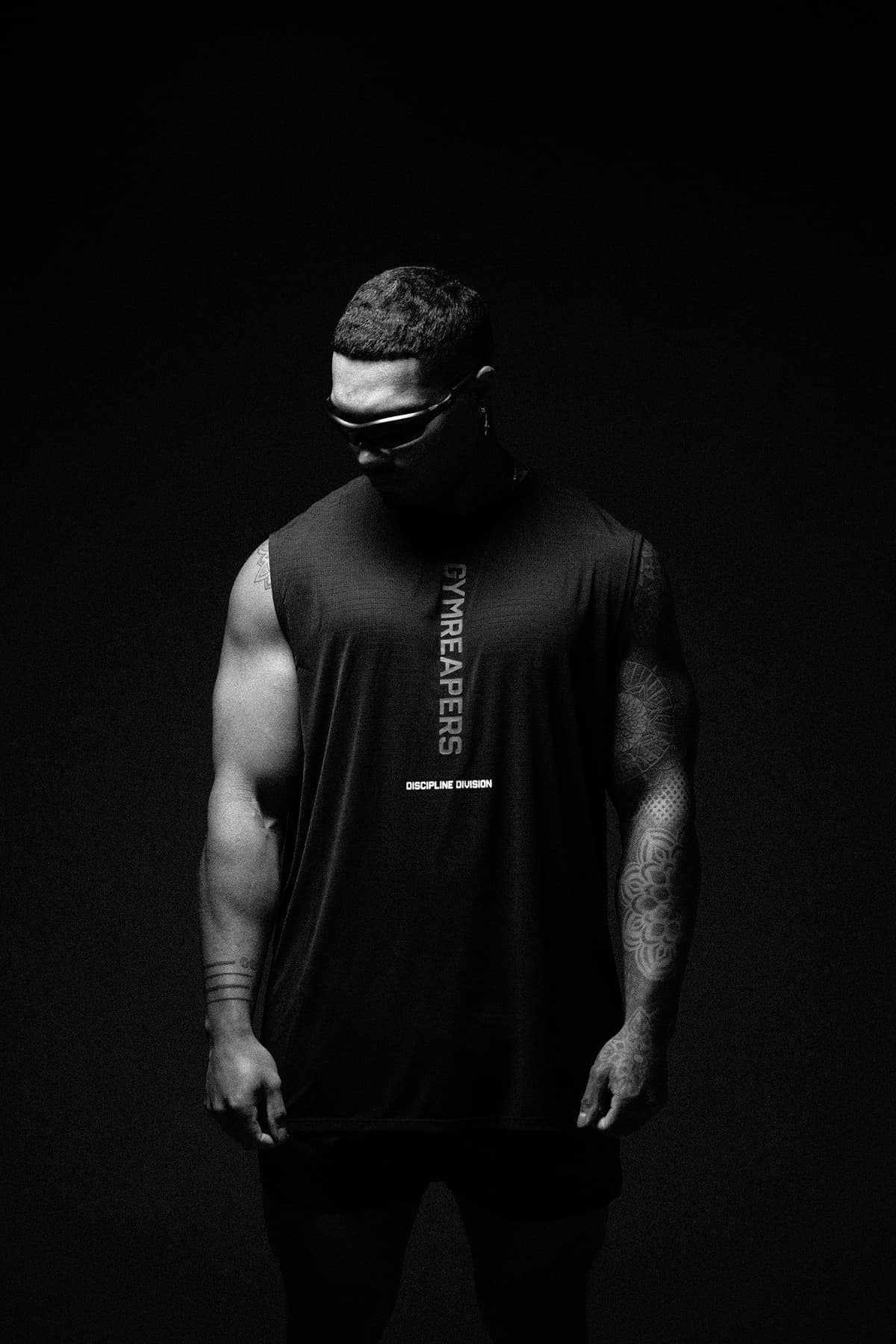
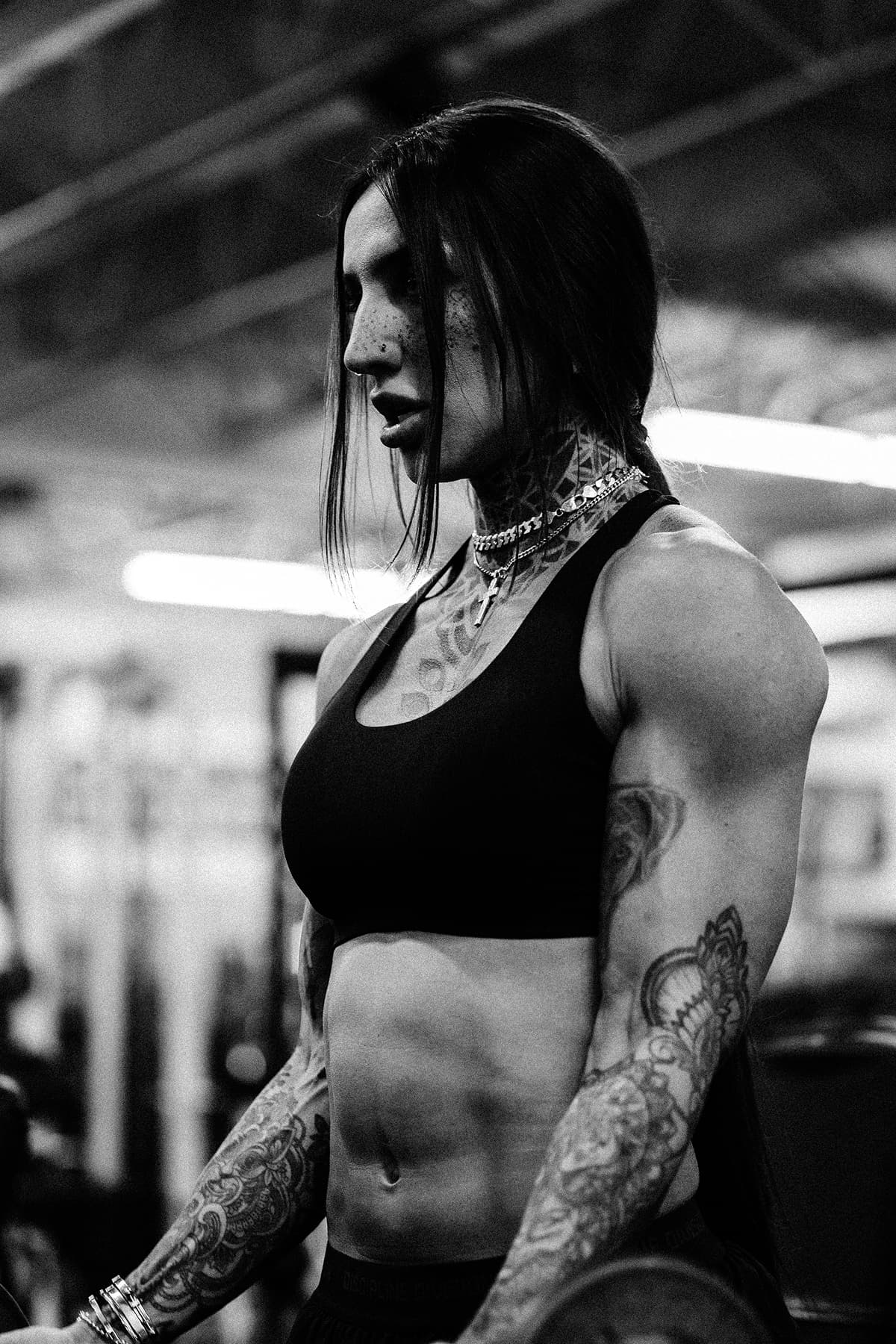
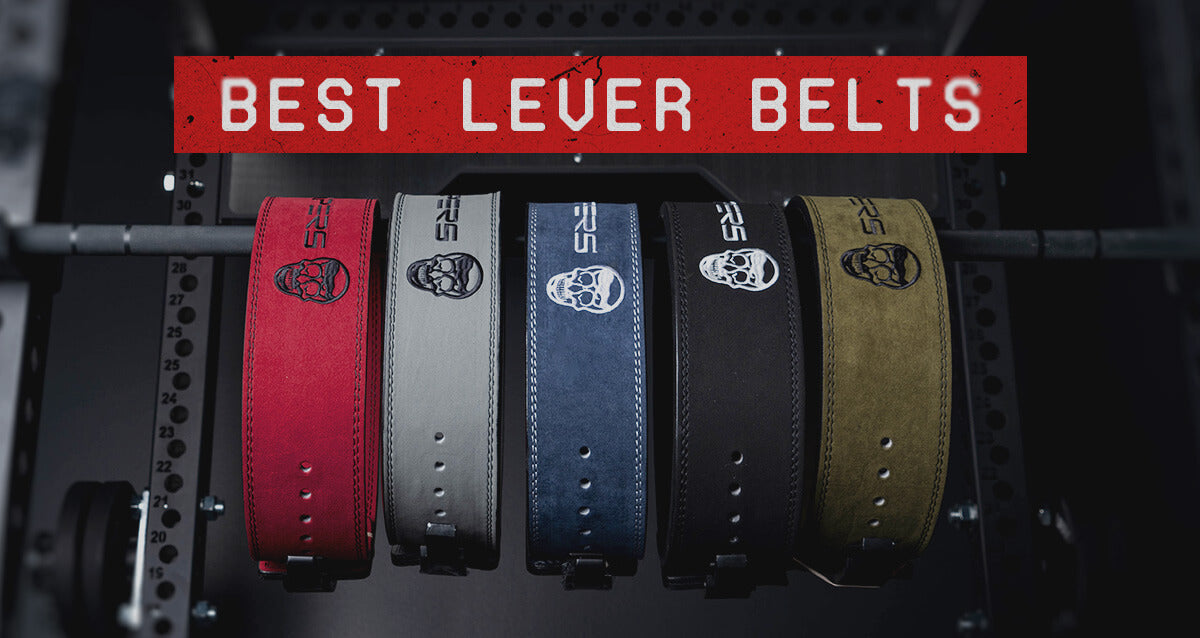




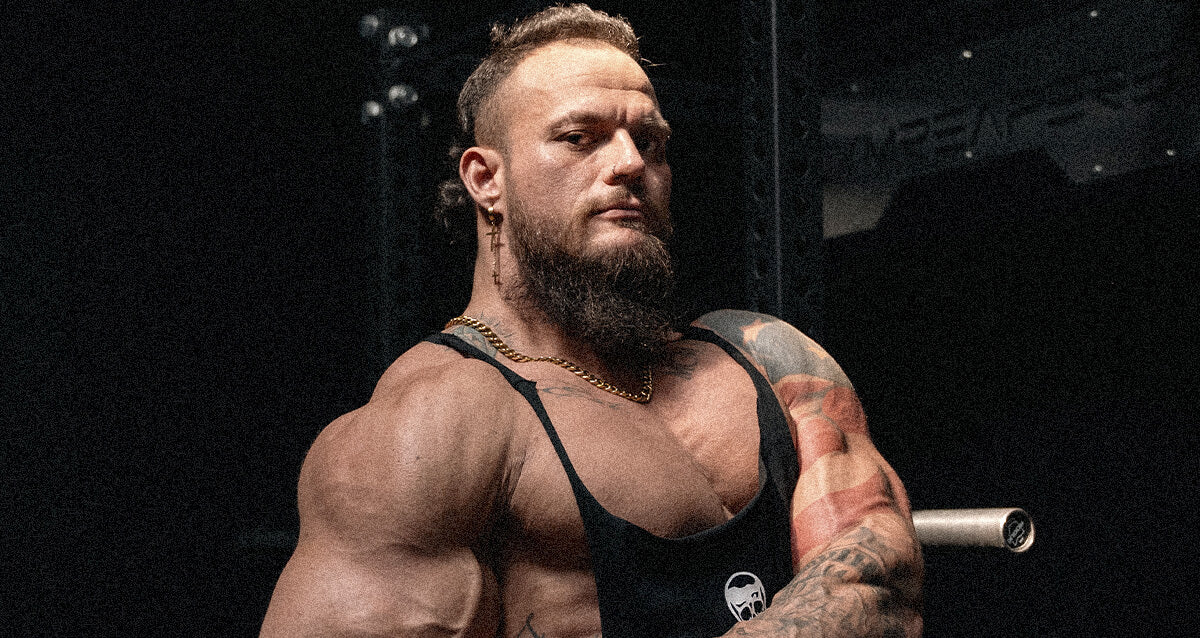
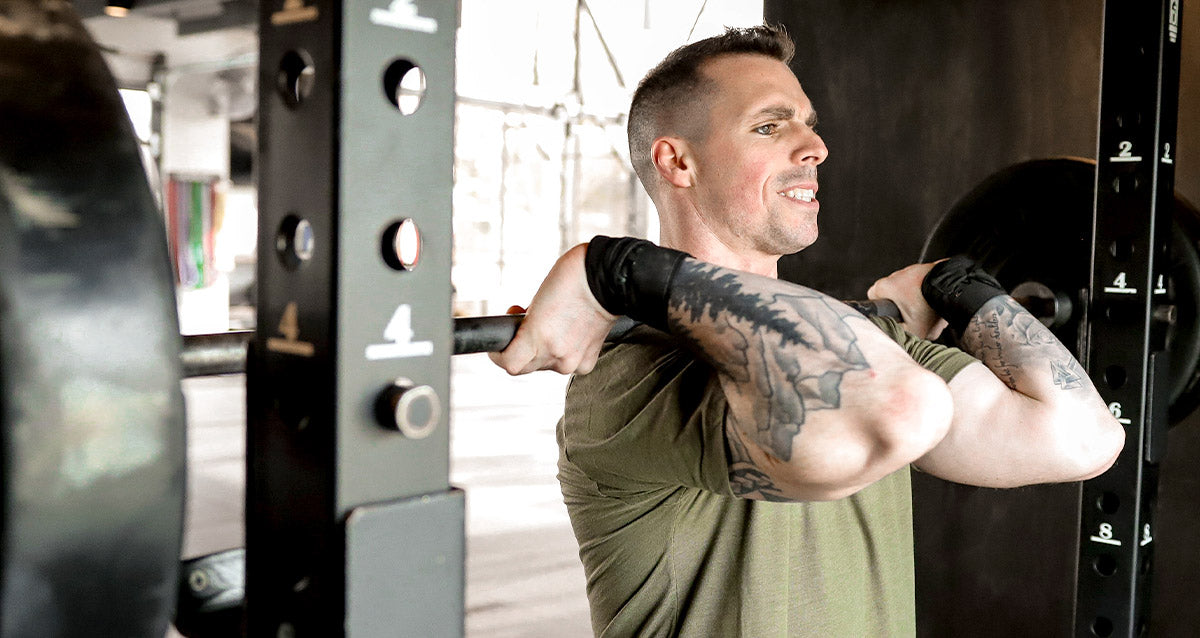
Leave a comment
All comments are moderated before being published.
This site is protected by hCaptcha and the hCaptcha Privacy Policy and Terms of Service apply.